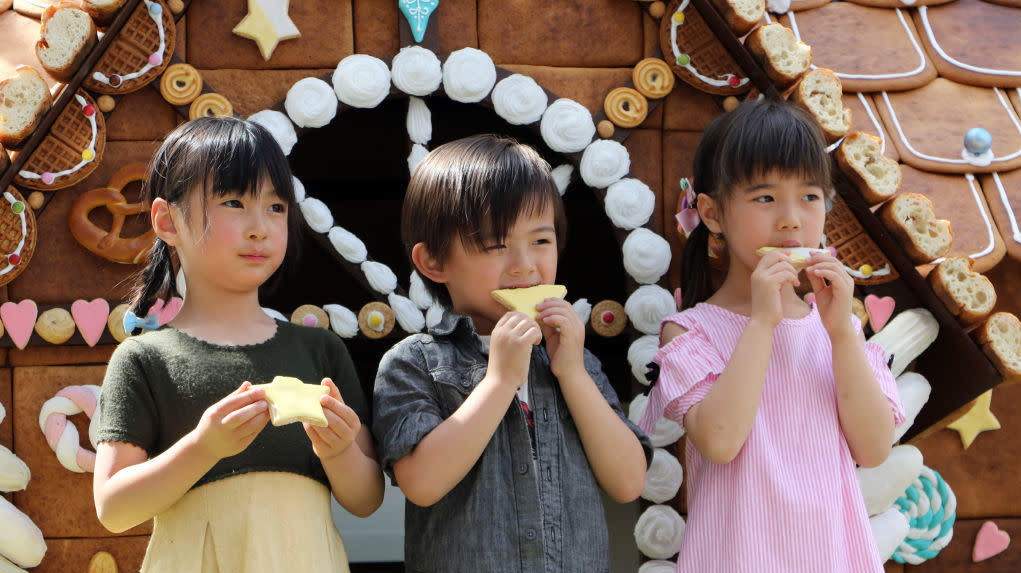How Nestle Used Kit Kats In A Long Con To Get Japan To Embrace Coffee
There are tea countries and there are coffee countries. Japan is most emphatically a tea country. In the 1970s, Nestle marched in with coffee, determined to change the collective Japanese mind. Nestle was armed to the teeth with test marketing studies that showed how good the coffee was and how much people liked it, even Japanese people. But when it came time to actually buy the stuff, the Japanese resisted. Instead of admitting defeat and getting into the tea business, Nestle decided it needed more unconventional tactics. But what?
The answer came from a French psychoanalyst named Clotaire Rapaille who specialized in studying the emotional bonds consumers form with objects in their culture. Nestle hired Rapaille to figure out why Japanese consumers weren't bonding with Nescafe the way all the research said that they should. Rapaille flew to Japan and conducted a series of experiments that asked the subjects to think about their earliest childhood memories and discuss their associations with various products. But when Rapaille got to coffee, he found that no one had any childhood associations or attachments to coffee at all. As Sean Kernan explains in a Medium post, "They'd never drank it and thus had no emotional bond to it." Because, remember, Japan is a tea country.
Instead of giving up on the Japanese market altogether, Nestle decided to switch to a longer game: it would get Japanese consumers to start loving the taste of coffee much earlier, like in childhood. They would accomplish this by doing what they did best: making candy. Like Kit Kats! Which Nestle happens to own on the international market! Once kids had positive associations with coffee flavoring, they would be curious to taste the real thing once they grew up. "The popularity of these coffee candies also had the secondary effect of filtering up to their parents," Kernan writes, "who ended up testing the coffee flavor out of curiosity."
When Nestle made another attempt to introduce coffee to Japan about 15 years later, it went much, much better. Now coffee is a booming business there. Such is the power of a Kit Kat. The whole story is fascinating and definitely worth a read.
(It's also made me realize that my childhood habit of stealing spoonfuls from my dad's pint of coffee Haagen Dazs was exactly the gateway to coffee dependence that my parents feared it would be. I regret nothing.)
